After a long search for my missing key, I finally found it. “Eureka!” I shouted.
My Middle Eastern colleague looked up, puzzled. “What did you just say?”
“Eureka,” I said, “you know, ‘I’ve found it’? Like that mathematician who shouted it when he made a discovery whilst in the bathtub.”
“A mathematician in the bathtub?” said my colleague, thinking hard. “No, I don’t know about that one..”
Strange, I thought to myself, that’s surely a pretty famous incident, no? Maybe they didn’t teach it in the schools here..
“Funnily enough though,” continued my colleague, almost to himself, “that reminds me. At school we learnt about a wise philosopher who made a discovery while he was at the hammam (the public baths).”
“Really?” I said, “whatever did he discover?”
“Oh, well, as he sat in the water and watched people entering and leaving the pool, he saw how the water level changed accordingly and then arrived at a theory of how any floating object displaces its own weight of fluid….”
It dawned on me that we were both talking about Archimedes!
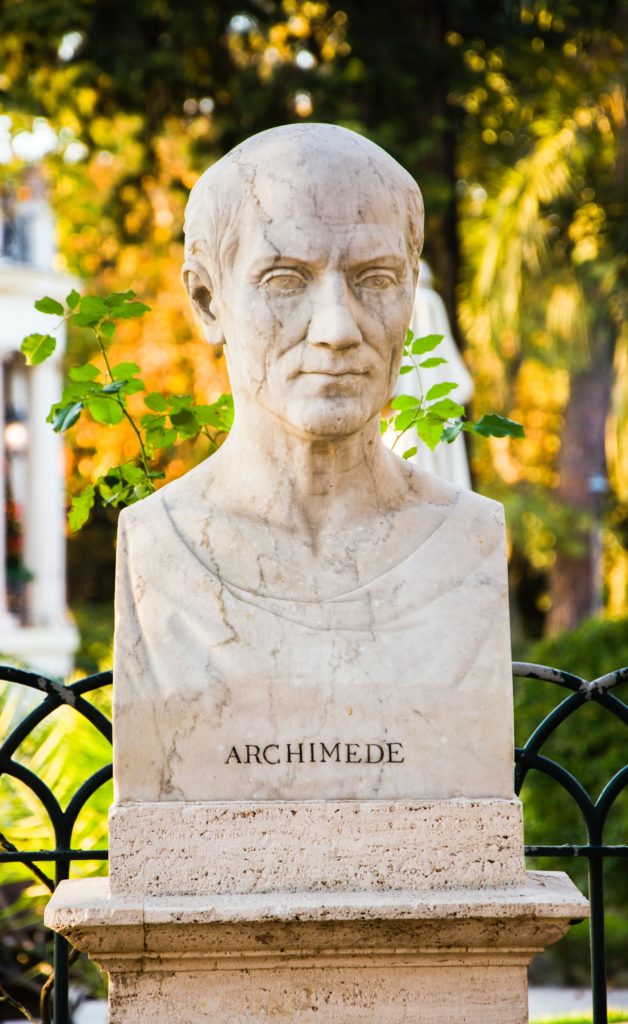
Our cultural perspective affects how we learn and imagine, and hence how we understand and communicate events with others. In the story above, my teammate and I almost missed that we were talking about the same person.
“I say hammam, you say bathtub, what’s the big problem?” you might say. Well, embedded in the telling of the two stories are some pretty significant hidden assumptions.
Look Under the Surface
At school in the UK the Archimedes story often came illustrated with the Greek mathematician merrily splashing in a Victorian era tub with a 1940s rubber duck. A bathtub is made for one person, in the privacy of their own home. But my Middle Eastern friend’s retelling of events was actually far closer to the more likely reality. Greek (and later Roman) baths like the one in Syracuse where Archimedes lived, were very similar to the public bathhouses that my friend had grown up going to. These baths were communal and, of course, public.
So while I’d always pictured Archimedes as a genius loner locked away in his private bathroom, actually his displacement ‘Eureka!’ moment likely happened in public, surrounded and influenced by other people.
This makes the account of his delightedly running through the streets naked far more understandable (if not less shocking); he was dashing back home not darting out to the street.
When we learn stories and receive information, how does our cultural lens affect our assumptions and reading of events?
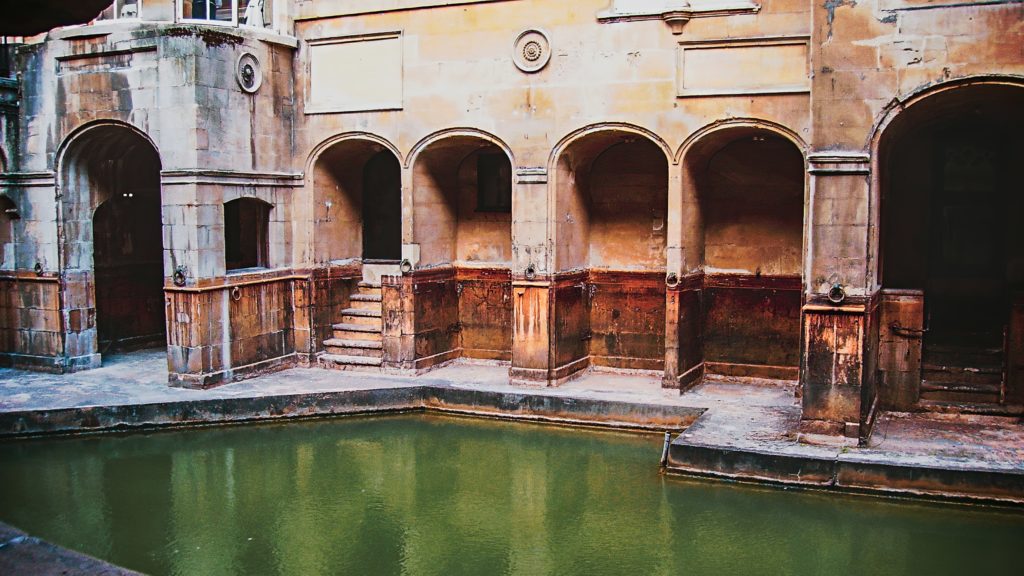
While I mainly viewed Archimedes as a scientist and mathematician, my colleague considered him primarily as a philosopher. Of course Archimedes was all these things; different cultures place value on and show respect to different roles.
Whose input and wisdom do you value the most? How might that bias impact how likely you are to receive wisdom from another source, or receive insight from where your colleague culturally does?
Teaching Archimedes’ Principle in the UK uses the bathtub because it takes students quickly to the heart of the discovery without requiring a lengthy background description of Ancient Greek bathing habits! In the Middle East, everyone already knows what a bathhouse is.
In other words, while I was busy describing a bathtub to patch up a (wrongly) perceived lack in my colleague’s knowledge of science, I actually should have been listening and letting his experience inform my understanding of a bigger picture. It was humbling to admit this. But also exciting, refreshing and mindset changing, in a great way.
Stay Humbly Curious
Apart from the good laugh we had together, there weren’t any major consequences from this episode, and whether Archimedes really made his discovery while bathing or not is still up for debate.
But even such a minor story reminds us that we discover and develop a fuller, rounder, more accurate picture of life and truth as we work and share openly, humbly and curiously together.
I didn’t need to import a bathtub mentality to educate my teammate about science. Where else might we need to let go of our tub to embrace the bigger, better picture?
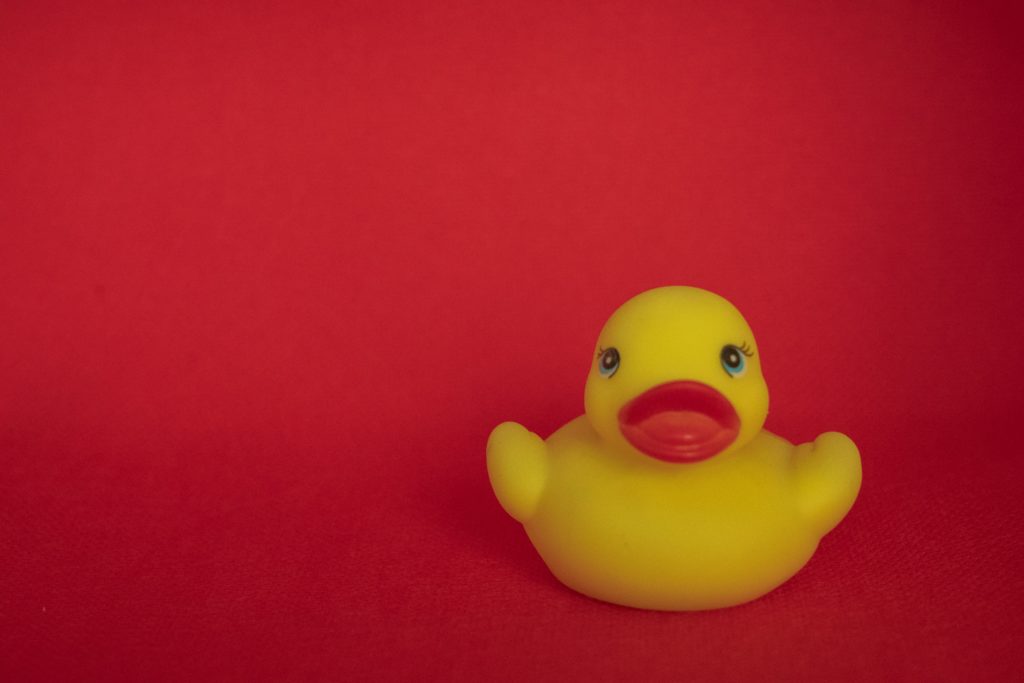
Photo credits with thanks to mk. s, Blaz Erzetic, K. Mitch Hodge and Nick Fewings on Unsplash
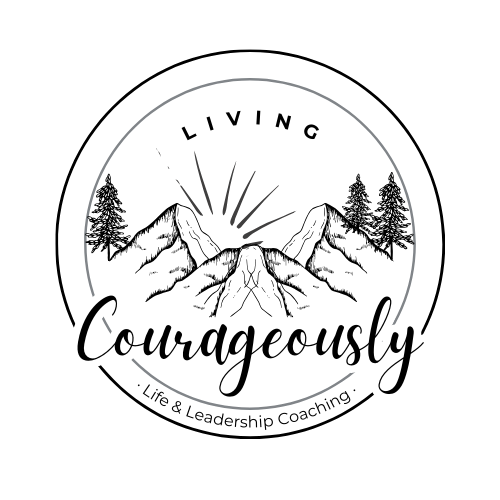
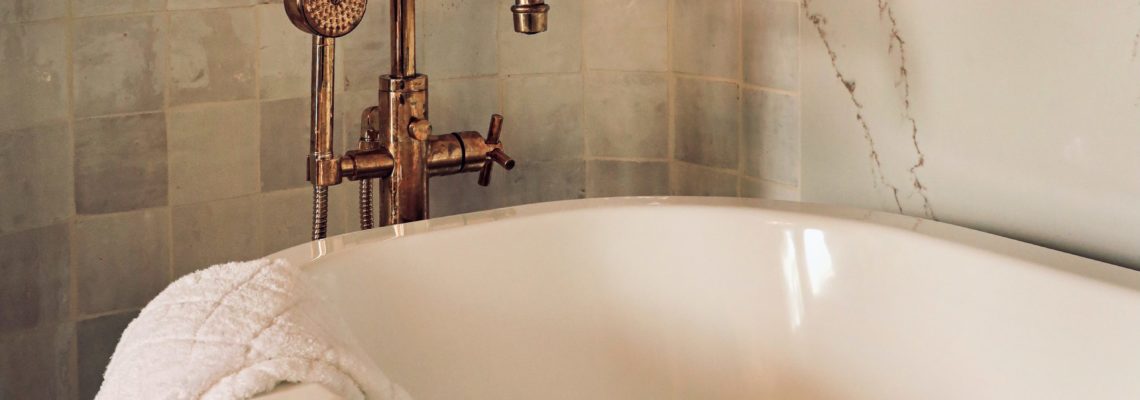
Claire Niclasen
Great article Ruth. Really interesting to think about how our own cultural assumptions also impact the way we teach others. Perhaps we miss out by getting straight “to the point”?
ruth
Thanks Claire and great insight. What’s the ‘point’ we are trying to arrive at in any given interaction (and how might this be culturally formed too)? What might help us to create the time and space needed to discover greater insight? Very helpful.
Jules Shep
Brilliant, Ruth.
It makes me suddenly very aware of how much time I spend trying to force understanding of the way I see things, rather than being curious if the person I’m convincing has a better explanation!
ruth
Absolutely agree. I wonder what might help us catch those moments of assumption? And what might a good curious question look like?